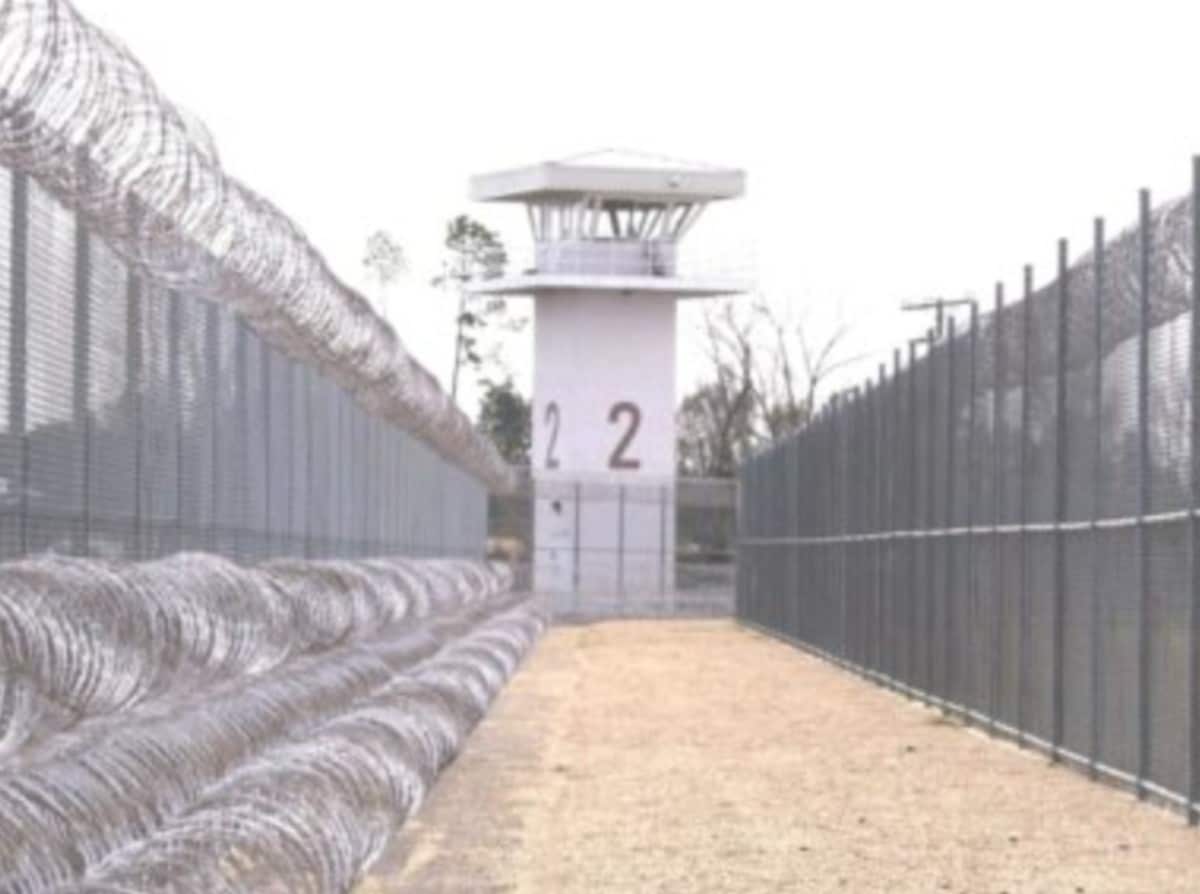With the help of a federal grant, the Mississippi Department of Corrections is expanding to six northern counties a program to assist individuals with co-occurring substance abuse and mental illness returning to the community from incarceration.
The department has received a three-year $715,230 Improving Reentry for Adults with Co-occurring Substance Abuse and Mental Illness grant under the Second Chance Act to provide re-entry and treatment for persons in Panola, Lafayette, Marshall, Tate, Calhoun, and Yalobusha counties.
RELATED: Trump talks prison reform during Mississippi visit
The success of a pilot co-occurring re-entry program in Hinds County in 2016, also funded with a grant from the U.S. Department of Justice, Office of Justice Programs, Bureau of Justice Assistance, was used as leverage to obtain the second grant.
Commissioner Pelicia E. Hall spoke about expanding the re-entry services during the Prison Reform Roundtable with President Trump in Gulfport last week.
“We have to address all those things that cause people to recidivate,” Hall said during the roundtable discussion. “We know that a good number of people we supervise have ongoing substance abuse issues from attempts to self-medicate as a result of mental illness.”
MDOC picked the six-county area to test re-entry strategies for rural areas.
“Because services are concentrated in Hinds County or other urban areas, it is difficult for staffers and returning citizens under supervision to find resources in rural areas, Commissioner Hall said. “Therefore, working with mental health officials in rural areas will allow us to not only address the available resources but also the continuity of service.”
The people targeted for re-entry support and treatment services are medium to high-risk individuals released from any of MDOC’s three state prisons, 15 regional facilities, and three private prisons, with at least one year of post-release supervision.
Commissioner Hall said her administration understands the future of people’s lives are at stake.
“Unless we aggressively assist individuals targeted by the grant, we are going to lose them and they will end up back in our system,” Hall said.




